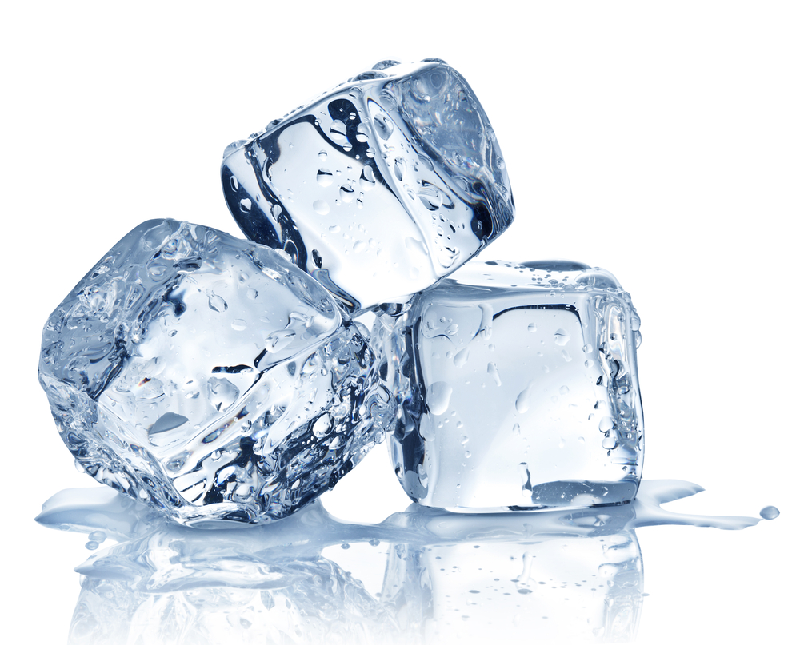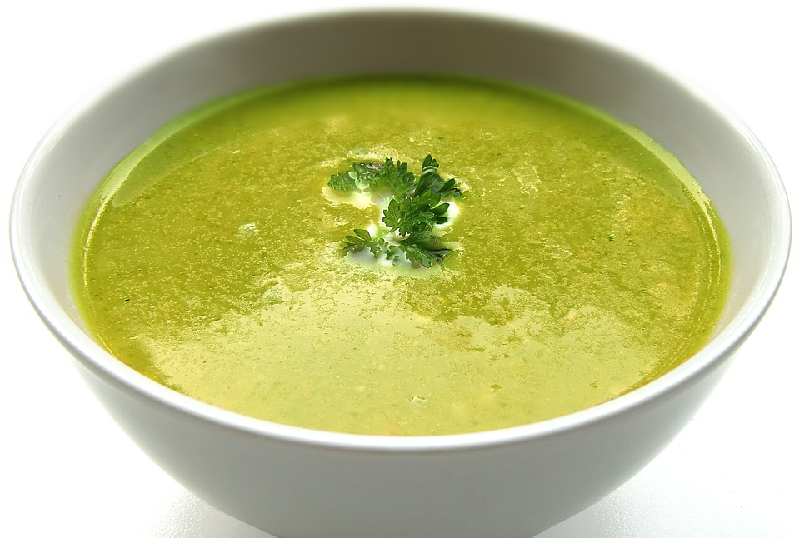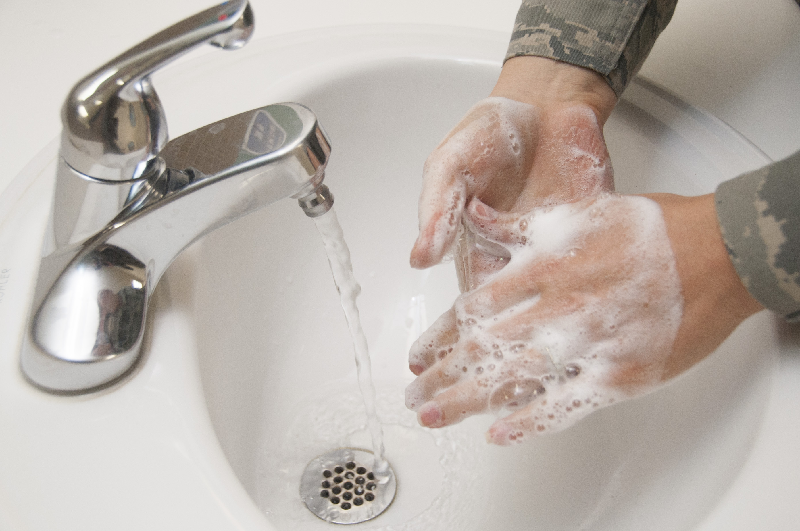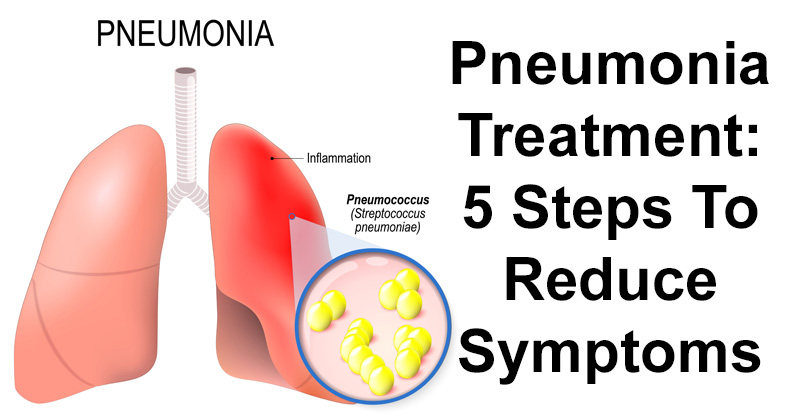Pneumonia is an infection that inflames the air sacs, in either one or both lungs. It can be mild, however, pneumonia can also be life-threatening. (1) However, to help manage symptoms, there are a variety of pneumonia treatment methods. Traditional treatment for pneumonia includes antibiotics, pain relievers and fever reducers. You should seek medical care if you suspect you have pneumonia, but there are also steps you can take to help reduce symptoms. (2)
Pneumonia Causes
Pneumonia causes vary, and include a variety of organisms, such as bacteria, viruses and fungi. The inflamed air sacs may fill with fluid or pus, which causes common symptoms of pneumonia, such as cough with phlegm or pus, fever, chills, and difficulty breathing. (3) To reduce these debilitating pneumonia symptoms, consider trying the following treatments.
Here are 5 pneumonia treatment methods to help manage symptoms:
1. Boost Immunity
Treatment for pneumonia includes boosting your immune system. You can reduce your risk of infection by taking the following steps:
- Improve your gut health: You can do this avoiding inflammatory foods and common allergens. This includes processed grains, gluten, conventional dairy products, added sugar, processed foods, and artificial flavors.
- Take probiotics: They will help populate your gut with healthy bacteria while keeping bad bacteria in check. You can also eat foods with probiotics, such as cultured vegetables.
- Get enough sleep: Treatment for pneumonia should include plenty of rest. Ideally, you should be getting 7 to 9 hours of sleep per night.
- Exercising: This has many benefits to fight against inflammation and boost the immune system. (4)
- Manage stress: Stress can make inflammation worse.
Other supplements to boost immunity include vitamin C, astragalus root, licorice root, Echinacea, garlic, turmeric and ginger.
2. Breast-feed Infants
Exclusively breast-feeding infants during their first year can help prevent pneumonia. Furthermore, reducing kids’ exposure to secondhand smoke, preventing indoor air pollution and addressing food allergies can help keep your child safe from developing pneumonia. (5)
3. Manage Fever Symptoms

As part of pneumonia treatment, here are natural ways you can treat a fever or keep it from getting worse: (6)
- Suck on ice cubes to prevent dehydration
- Take cool baths and showers, or wrap a chilled, damp cloth around your neck. Try soaking a towel in peppermint oil. Its cooling effects can be beneficial.
- Drink chilled peppermint, thyme, or chamomile tea.
- To ensure you get enough electrolytes, make green or fruit smoothies. You can also try coconut water.
- Get plenty of rest, as well as sleep. This is a crucial treatment for pneumonia.
- If needed, take a fever reducer such as ibuprofen or Advil.
4. Control Your Cough Naturally

Another pneumonia treatment is taking measures to control coughing. You can do this naturally with such methods as:
- Eating foods to reduce mucus, such as homemade vegetable soups and green tea
- Avoiding cold temps. Consider using a humidifier in order to breathe in moist air, and keep the room warm
- Using a topical cough suppressant. Alternatively, use a natural cough syrup made with essential oils such as eucalyptus, thyme, cedarwood, nutmeg, camphor, and peppermint. (7)
- Avoiding exercise that trigger shortness of breath or that worsen chest pain.
Ensure your home is clean to remove possible irritants that can make your pneumonia symptoms worse.
5. Practice Good Hygiene and Reduce Irritants

Keeping you and your house clean are also pneumonia treatment methods. Doing so can help prevent illnesses and can help keep your symptoms from worsening.
For example, be sure to do the following:
- Clean allergens such ad dust mites and pet hair, especially if someone in the household has asthma.
- Wash your hands frequently, especially after using the bathroom
- Don’t smoke indoors or burn toxic fumes when cooking or eating.
- Avoid inhaling gases and contact with construction debris
- Try to stay away from chemicals, including harsh chemical cleaners. Opt for natural cleaners instead. (8)


